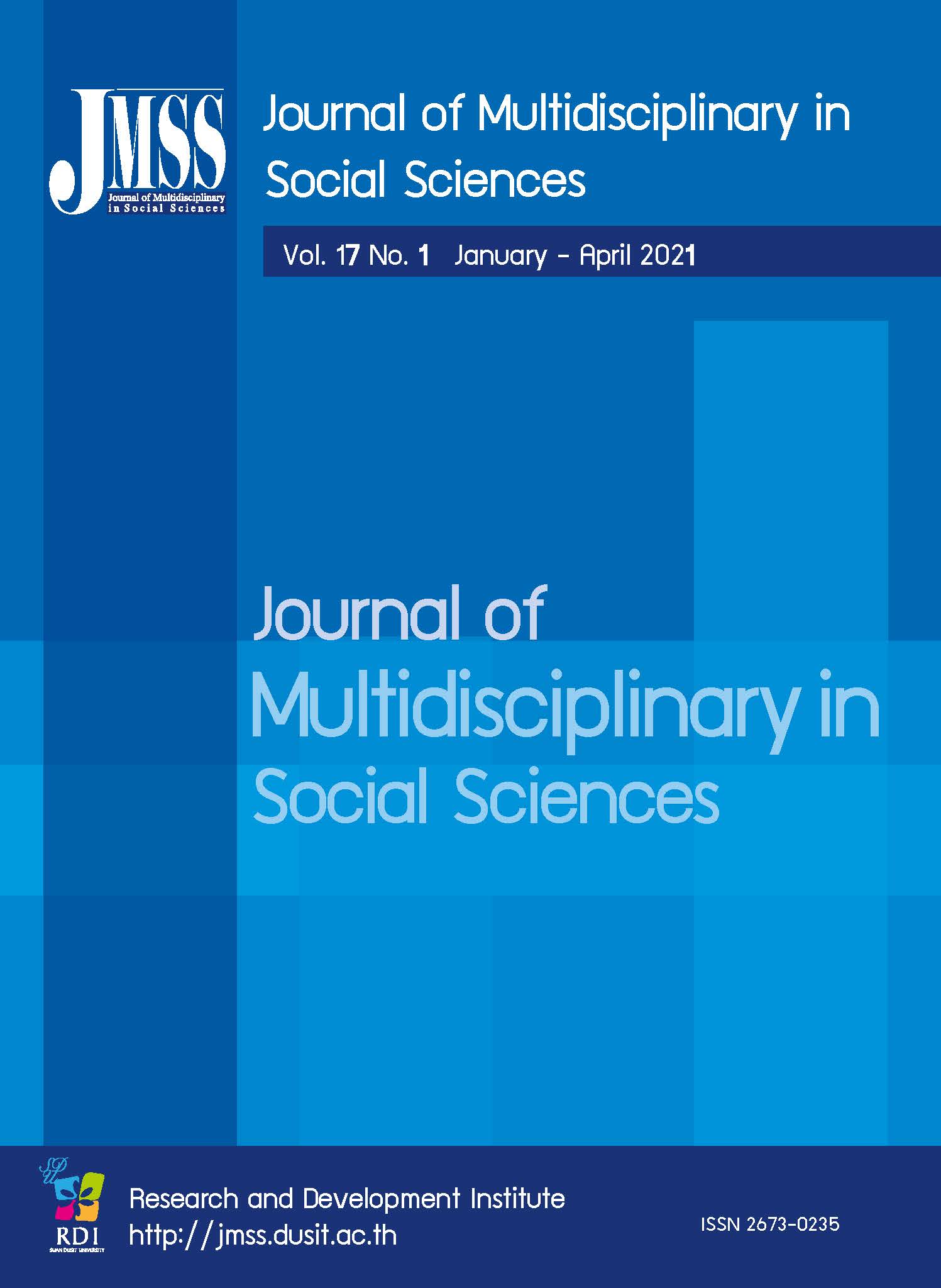Cross-Border Education: The Experiences of Filipino Scholars Educated in South Korea
Keywords:
Scholars abroad, Brain gain, Korea, Philippines, Study abroadAbstract
One major case of brain drain happens when students from developing countries studying in the developed countries decide not to return home after their studies (Baruch, Budhwar, & Khatri, 2007). After achieving their undergraduate degrees, Filipino students may opt to stay in the Philippines for work, or venture abroad to further enhance their careers or attend graduate school. This research focuses on characterizing the context of Filipino graduates who have decided to go back to the Philippines. Despite the advantages of studying abroad, scholars who have returned to their home countries still struggle during re-entry (Alandejani, 2013). Seventy-four graduates have participated in the study. Participants are Filipinos who have completed their graduate degrees in South Korea and decided to return to the Philippines. With their South Korean education, returning Filipino scholars did not only see the academic, social, and professional advantages of the experience along with the difficulties and challenges. They also considered several personal gains and benefits compared to their locally educated counterparts. It is interesting to note that majority of Filipino graduates chose South Korea because of the offering of scholarship/financial support and are motivated by career advancement in the future. While the respondents see their study abroad experiences as positive, one-third of them believe that courses in South Korea were somewhat difficult compared to the Philippines. More than 50% of the graduate students returned homes because of their willingness to help the Philippines, as 80% of them have landed a job after 1-3 months after their return. Aside from financial literacy, findings reveal that graduates possessed ability to deal with problems and people in a more mature manner particularly in an intercultural setting and being able to adapt to change better.
References
Alandejani, J. (2013). Coming Home After Studying Abroad: How Saudi Female Scholars-adapt, Re-adjust, and Transfer their Knowledge. Retrieved September, 25, 2020, from http://digitool.library.colostate.edu/webclient/DeliveryManager?pid=246231
Bamford, J. (2008). Improving International Students’ experience of studying in the UK. Retrieved January, 20, 2021, from http://www.economicsnetwork.ac.uk/showcase/bamford_international
Baruch, Y., Budhwar, P., & Khatri, N. (2007). Brain drain: Inclination to stay abroad after studies. Journal World of Business, 42(1), 99-112.
Cassarino, J. P. (2004). Theorising return migration: The conceptual approach to return migrants revisited. International Journal on Multicultural Societies (IJMS), 6(2), 253-279.
Cebolla-Boado, H., Hu, Y., & Soysal, Y. N. (2018). Why study abroad? Sorting of Chinese students across British universities. British Journal of Sociology of Education, 39(3), 365-380.
Davis, B., & Coryell, J. E. (2020). Relationships, Participation, and Characteristics of a Community of Practice in Short-Term Adult Study Abroad. Adult Learning, 31(1), 17-26.
Grewe, J., & Bradley, K. (2009). Creating an instrument to measure perceptions of preparedness to return home from study abroad, Study Abroad Perceptions-MWERA 2009. Retrieved September, 20, 2020, from http://www.uky.edu/~kdbrad2/Jessica.pdf
Haris, I., Naway, F., Pulukadang, W. T., Takeshita, H., & Ancho, I. V. (2018). School Supervision Practices in the Indonesian Education System; Perspectives and Challenges. Journal of Social Studies Education Research, 9(2), 366-387.
Heirweg, S., Carette, L., Ascari, A., & Van Hove, G. (2020). Study abroad programmes for all? Barriers to participation in international mobility programmes perceived by students with disabilities. International Journal of Disability, Development and Education, 67(1), 73-91.
Isabelli-García, C., Bown, J., Plews, J. L., & Dewey, D. P. (2018). Language learning and study abroad. Language Teaching, 51(4), 439-484.
Johnstone, C., & Edwards, P. (2020). Accommodations, accessibility, and culture: Increasing access to study abroad for students with disabilities. Journal of Studies in International Education, 24(4), 424-439.
Karakas, A. (2020). Disciplining transnationality? The impact of study abroad educational experiences on Turkish returnee scholars’ lives, careers and identity. Research in Comparative and International Education, 15(3), 252-272.
Maharaja, G. (2018). The Impact of Study Abroad on College Students' Intercultural Competence and Personal Development. International Research and Review, 7(2), 18-41.
Mashburn, D. (2013). Repatriation of Information Systems Student Sojourners from Developing Countries: The Role of Acculturation. Retrieved September, 20, 2020, from http://sais.aisnet.org/2013/Marshburn.pdf
McPherson, J., Jennings-McGarity, P., Arnold, B. H., Littleton, T., & Lee, M. (2020). Creating Global Scholars: Experiential Learning and Reflection Transform an International Conference Into Short-Term Study Abroad. Journal of Social Work Education, 1-14.
Nyaupane, G. P., Paris, C. M., & Teye, V. (2010). Why do students study abroad? Exploring motivations beyond earning academic credits. Tourism Analysis, 15(2), 263-267.
Soon, J. J. (2009). When do students intend to return? Determinants of students’ return intentions using a multinomial logit model. Retrieved September, 25, 2014 from http://jsi.sagepub.com/content/11/3-4/359.full.pdf
Strange, H., & Gibson, H. J. (2017). An investigation of experiential and transformative learning in study abroad programs. Frontiers: The Interdisciplinary Journal of Study Abroad, 29(1), 85-100.
Ward, C. (2001). The impact of international students on domestic students and host institutions. Retrieve January, 21, 2020 from https://www.educationcounts.govt.nz/publications/international/the_impact_of_international_students_on_domestic_students_and_ host_institutions 2015
Whatley, M., Landon, A. C., Tarrant, M. A., & Rubin, D. (2020). Program design and the development of students’ global perspectives in faculty-led short-term study abroad. January, 21, 2020 from https://journals.sagepub.com/doi/abs/10.1177/1028315320906156?journalCode=jsia
Downloads
Published
How to Cite
Issue
Section
License

This work is licensed under a Creative Commons Attribution-NonCommercial-NoDerivatives 4.0 International License.








